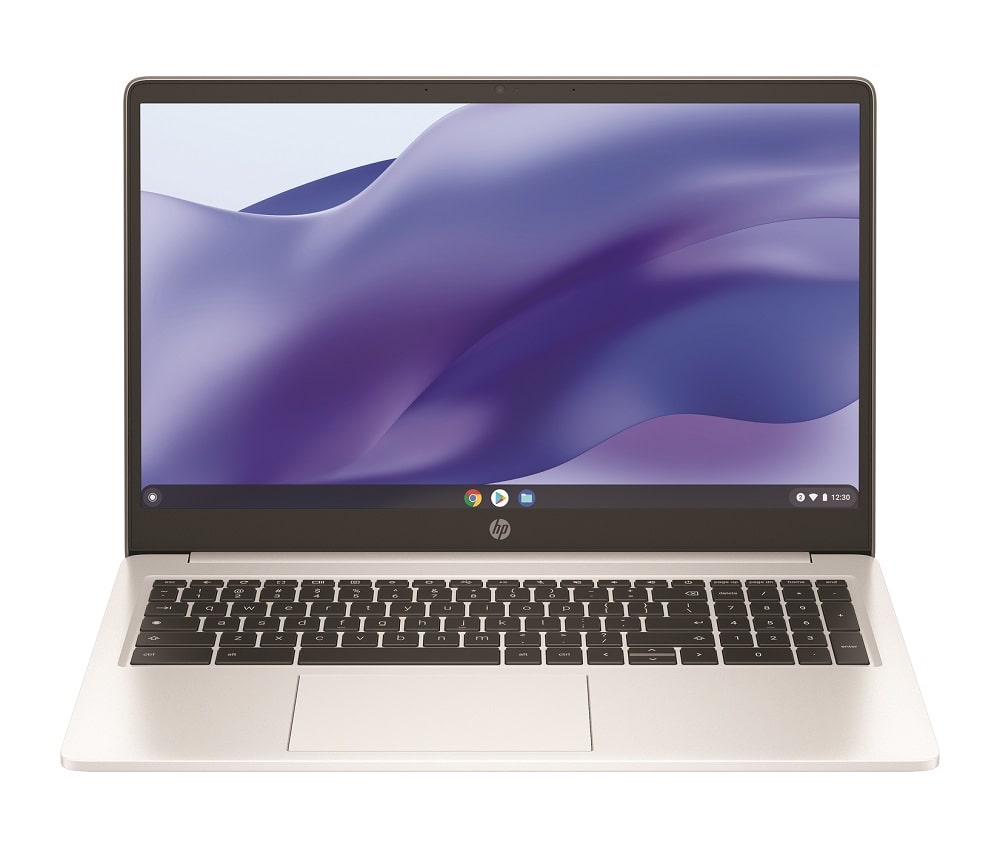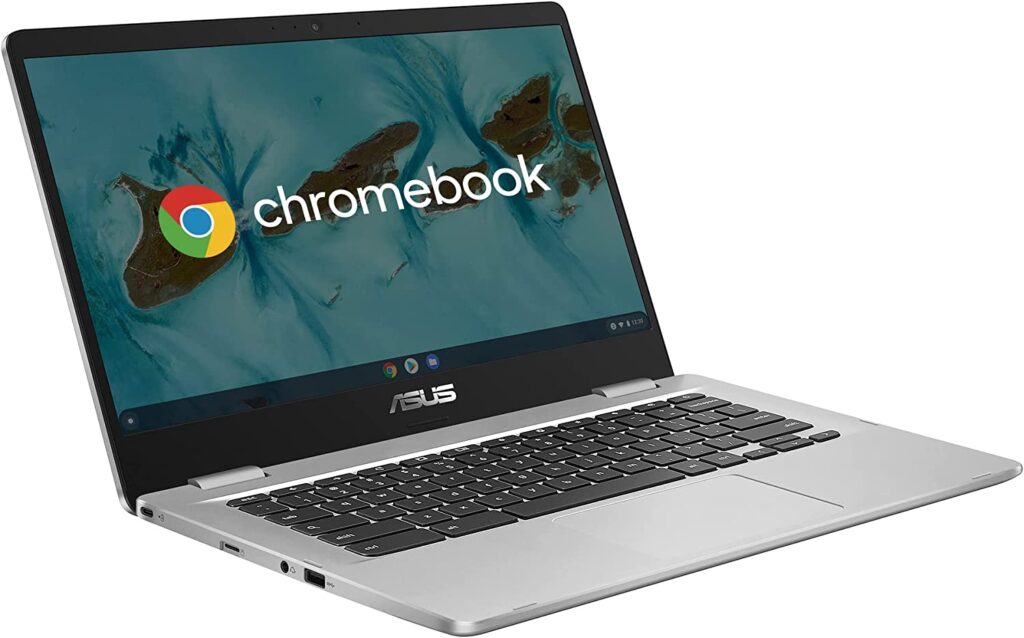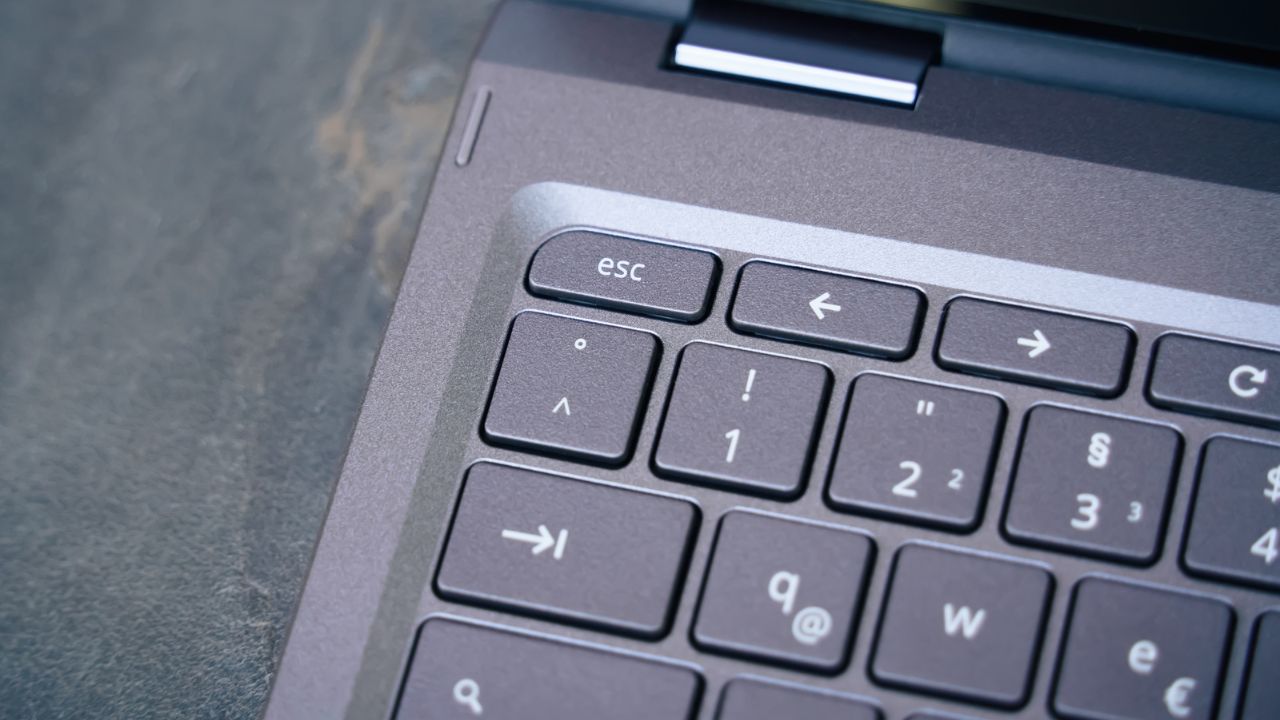Who has had the opportunity to use a Chromebook you will surely (or perhaps not) have noticed a peculiarity: the keyboard letters are all lowercase.
This design choice contrasts with most other laptop keyboards, which instead feature uppercase letters. But what is the reason for this difference? Google recently provided the explanation in a post on its official blog, revealing a mystery that lasted 14 years.
Lowercase Letters on Chromebook Keyboards? The reason is simple
The explanation is quite simple: Google wants Chromebook users to have a typing experience that is more intuitive and consistent with what appears on the screen.
In fact, when you press a letter key on a keyboard, by default you get the lowercase characterunless you turn on caps lock. So, Google thought it was It made more sense that the keys visually corresponded to the characters you typed.

This idea arose from the early design stages of Chromebooks, which launched in 2010 with the CR-48 model. Alexander Kuscher, a senior director on the ChromeOS team who worked on Chromebook development, said:
“Early on, we realized that it would be great if the keyboard was really accessible. So we asked ourselves, ‘What can we take away? What is the minimum number of keys we must have? How can we make this a great experience?’ That’s when the tiny light bulb went on.”
Donny Reynolds, a senior product manager on the Chromebook team, added:
“We’re so used to the uppercase keyboard, but if you go into a text field to start a document and start typing on a traditional keyboard, the keys don’t match what appears on the screen, right? You press a capital ‘D’, but a lowercase ‘d’ appears. So we decided that Chromebooks would be different: push a button and you get exactly what you chose.”

Google’s explanation is also valid from another point of view: many of our current keyboard design choices date back to the era of typewriters. We are talking about a historical period in which lowercase was not used much and therefore all the keys were represented by capital letters. But now that we’ve entered the digital age, maybe it’s time to abandon some of the traditions we still have.















Leave a Reply
View Comments